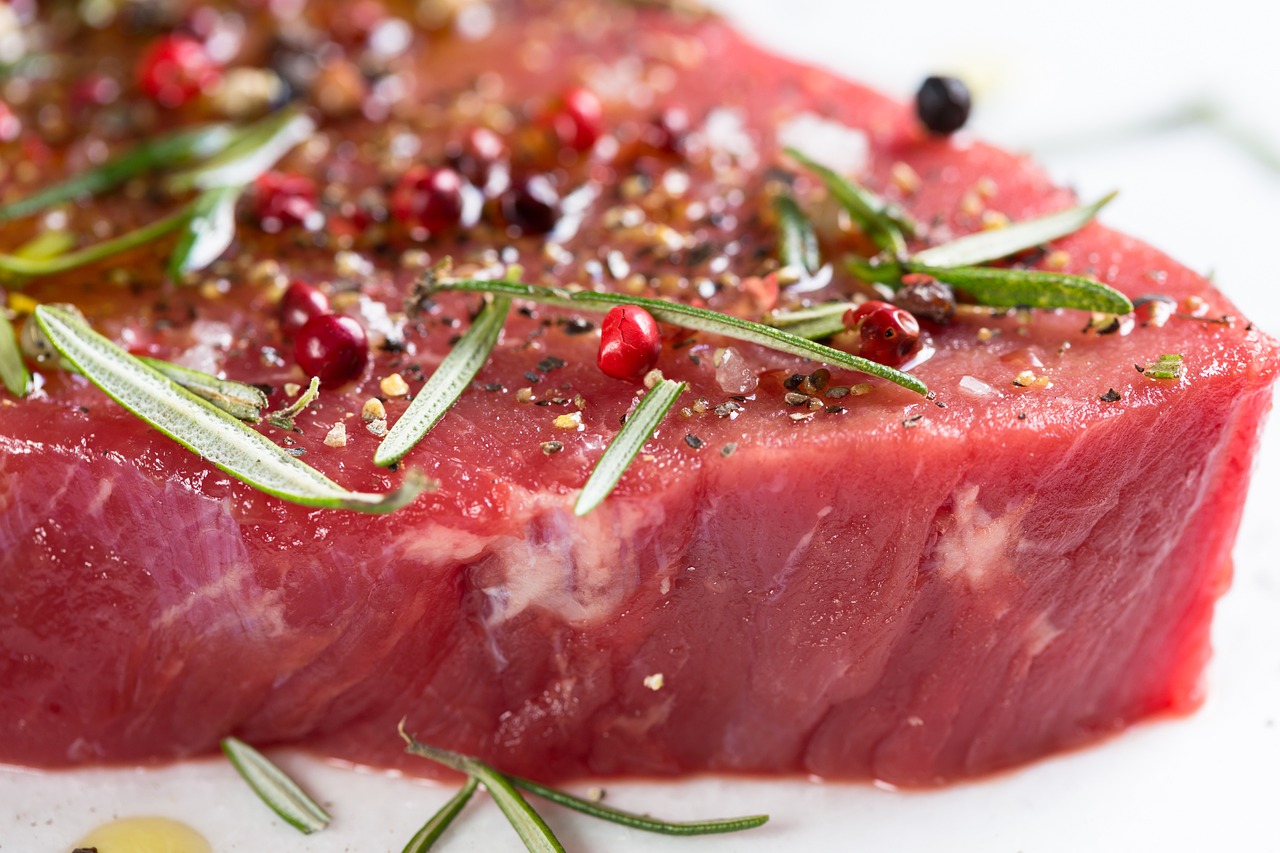If you’re anything like me, you’ve probably been caught in the frustrating cycle of dieting—losing weight, only to gain it all back, sometimes with a little extra for good measure. The truth is, most diets don’t offer sustainable solutions. Instead, they set you up for failure, leaving you feeling defeated and stuck in a never-ending loop of quick fixes and crushing disappointment.
The Diet Myth: Why Cutting Calories Isn’t Enough
It’s tempting to believe that simply cutting calories or following the latest diet trend will be enough to shed unwanted pounds. But the science tells a different story. When you restrict calories drastically, your body goes into what’s known as starvation mode. This evolutionary mechanism was designed to help our ancestors survive periods of famine, but in today’s world, it works against us.
In starvation mode, your metabolism slows down significantly, conserving energy and burning fewer calories. At the same time, hunger signals intensify, driving you to crave high-energy foods rich in fats and sugars—the exact items you’re trying to avoid. This creates a perfect storm of frustration and failure, often leading to weight regain and, in some cases, even more weight than you initially lost.
The Problem with Rapid Weight Loss
While it might feel satisfying to see the numbers on the scale drop quickly, fast weight loss often comes at a cost. The initial weight you lose is typically water weight and glycogen, not fat. What’s worse, drastic weight loss can result in the loss of lean muscle tissue and essential minerals like calcium, leaving your body weaker and more prone to injury.
Over time, this yo-yo effect can wreak havoc on your body, slowing your metabolism further and making it harder to maintain a healthy weight. Moreover, the psychological toll of repeated dieting—paired with the guilt and shame of perceived failure—can create a damaging relationship with food, turning something essential and enjoyable into the enemy.
A Better Approach: Lifestyle Changes That Last
The key to sustainable weight loss isn’t found in quick fixes or miracle diets. It lies in making gradual, manageable changes to your lifestyle that you can maintain for the long term. Small, consistent efforts add up to big results over time, and they don’t leave you feeling deprived or overwhelmed.
Start by increasing your daily activity levels. This doesn’t mean you have to spend hours at the gym; simple changes like taking the stairs instead of the elevator, walking or cycling to work, or adding a weekly yoga session can make a significant difference. Remember, movement isn’t just about burning calories—it’s about improving your overall health and well-being.
Rethinking Nutrition: It’s Not Just About Calories
Rather than obsessing over calorie counts, focus on the quality of the foods you eat. Prioritize whole, nutrient-dense foods like fresh fruits, vegetables, whole grains, lean proteins, and healthy fats. These foods not only nourish your body but also keep you feeling full and satisfied, reducing the temptation to overeat. At the same time, it’s important to cut back on ultra-processed foods that are high in empty calories, such as sugary snacks, fried foods, and refined carbohydrates. These items provide little nutritional value and can contribute to inflammation and weight gain over time.
The Role of Exercise in Sustainable Weight Loss
Exercise is a powerful tool for weight loss, but its benefits go far beyond burning calories. Regular physical activity helps build lean muscle mass, which increases your resting metabolic rate, allowing you to burn more calories even when you’re not exercising. Strength training, in particular, is highly effective for reshaping your body and boosting your metabolism.
Cardiovascular exercises like walking, running, or swimming are also essential for heart health and overall fitness. However, it’s crucial to find activities you genuinely enjoy—whether it’s dancing, hiking, or playing a sport—so you’re more likely to stick with them long-term.
Setting Realistic Goals: Patience Pays Off
One of the biggest mistakes people make when trying to lose weight is expecting immediate results. Sustainable weight loss is a slow and steady process, with a realistic target being one to two pounds per week. Rapid weight loss might seem appealing, but it’s often unsustainable and can lead to the same cycle of frustration and failure.
Instead of focusing solely on the scale, celebrate non-scale victories like increased energy levels, improved endurance, and better sleep quality. These positive changes are indicators of progress and can help keep you motivated along the way.
Building a Healthy Relationship with Food
Food is not the enemy—it’s fuel for your body and a source of pleasure and connection. Developing a healthy relationship with food means letting go of the guilt and shame often associated with eating. Instead, focus on mindful eating practices that allow you to savor each bite and tune into your body’s hunger and fullness cues. Remember, the goal isn’t perfection; it’s balance. It’s okay to enjoy the occasional treat or indulgence as part of a healthy, balanced diet. The key is moderation and making thoughtful choices that align with your overall health goals.
Consistency Over Perfection
The path to lasting weight loss isn’t linear, and setbacks are a natural part of the journey. What matters most is consistency—showing up for yourself day after day, even when progress feels slow or challenging. Over time, these small, consistent efforts will add up to significant changes that transform not just your body but your mindset and overall quality of life.
The Bottom Line: A Lifestyle, Not a Diet
Forget the quick fixes and crash diets that promise the world but deliver disappointment. Instead, focus on building a healthy, sustainable lifestyle that supports your goals and brings you joy. By prioritizing movement, nourishing your body with wholesome foods, and cultivating a positive relationship with food and exercise, you’ll set yourself up for long-term success and well-being.
Your Next Steps
As you embark on your weight loss journey, remember that you’re not alone. Seek support from friends, family, or a professional coach who can help keep you accountable and motivated. And most importantly, be kind to yourself. Change takes time, but with patience and persistence, you’ll achieve your goals and discover a healthier, happier version of yourself.













